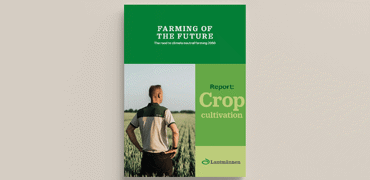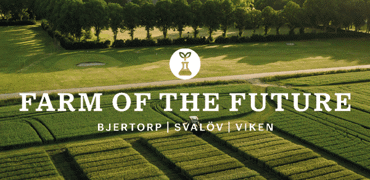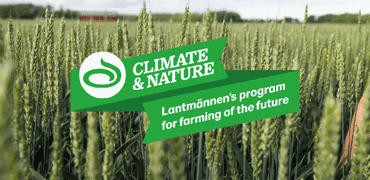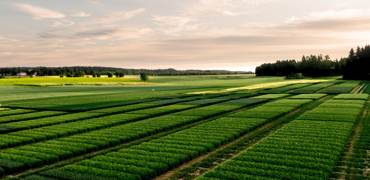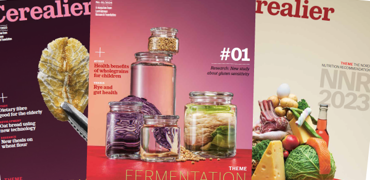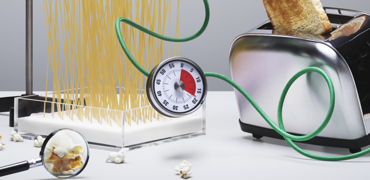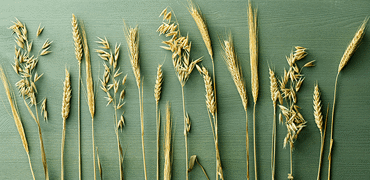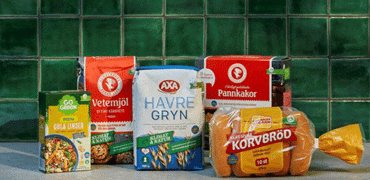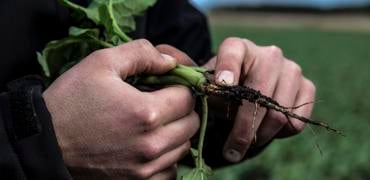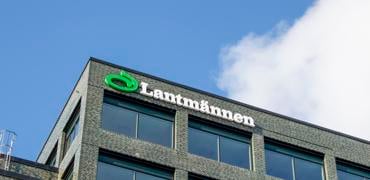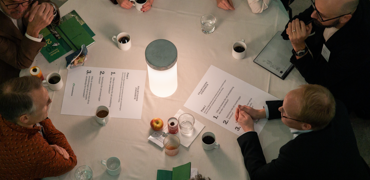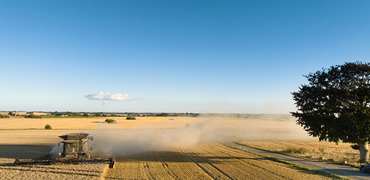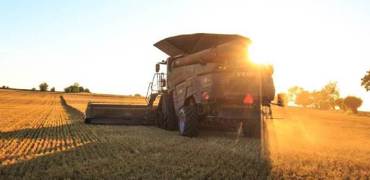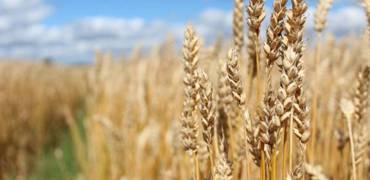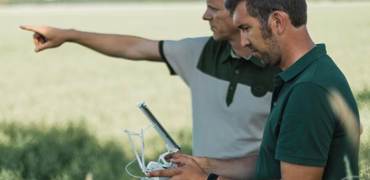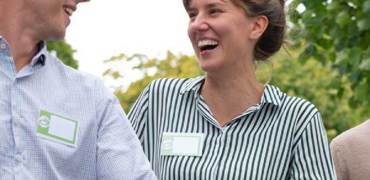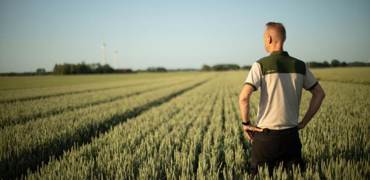This year's edition of the Greenhouse received 170 ideas from twelve countries, of which four external startups' projects and two internal projects have gone on to the next stage.
“We have had three intensive days where the participants have been able to take part in and share Lantmännen's and their own business contexts, and it has been clear what strength there is in close collaboration when aiming to create maximum value from the startup companies' innovations,” says Nina Tuomikangas, Program Manager for the Greenhouse, Lantmännen R&D.
The applications from Äio, Volare, Tebrito, Seab and Lantmännen's own employees are within the framework of the Greenhouse's theme – Circular Future – and meet at least one of the following areas:
- New life in obsolete and finished products
- Increased circularity within the bakery-industry
- Value from residues in cereal intake
- Increased circularity in the pea factory of the future
- Fits into the entire Lantmännen grain value chain
“Lantmännen has ambitious sustainability goals, both in terms of reducing waste and increasing the value of side streams in the processing industry, and we are actively working to achieve these through both self-created innovations and by using externally developed ones. Moreover, within the Greenhouse, we have a very good process, both in terms of identifying business opportunities and collaborating with external startups. So, this is when it's at its best – both pleasurable and good for profitability, productivity and the planet,” concludes Nina Tuomikangas.
Decisions on which projects will proceed to the next phase will be made later this spring.
About the Greenhouse
The Greenhouse is Lantmännen's program for open innovation, where applicants can get help to develop an innovative business model into a profitable business. Since its inception in 2014, Lantmännen has taken advantage of expertise and knowledge to explore the future of food, agriculture and bioenergy. Every year, a new theme is launched that sets the framework, and Lantmännen's employees as well as external start-up companies and researchers are welcome to participate.
The projects in brief
ÄIO is a start-up company from Estonia that specializes in cultivating microorganisms that can produce beneficial fatty acids, antioxidants and pigments through precision fermentation. By optimizing bioprocesses, microbial oils rich in omega-3 fatty acids are produced, which aim to replace the use of mineral oils, palm and coconut oil. Within the framework of the Greenhouse, it is investigated whether these processes can be applied from residual streams in Lantmännen's production.
“This kind focused work, with one specific company, gave us an in-depths look at our business,” says Luisa Nora, Head of Strain Engineering, Äio.
Volare is a Finnish start-up company that, by integrating low-valued side streams with its own keeping of large populations of larvae for the black soldier fly, can produce high-quality proteins and oils suitable for feed production and plant nutrients for agriculture. Within the framework of the Greenhouse, it is investigated whether their processes can be applied from residual streams in Lantmännen's production, what values a potential collaboration would create and whether the plant nutrient output could be used to meet sustainability criteria in agricultural practices and food production.
“We see Lantmännen as an important partner that we want to work with. Our technology can be applied in several areas, and I hope for a long-term partnership,” says Tuure Parviainen, CEO, Volare.
Tebrito is a Swedish start-up company that, by integrating low-valued side streams with its own keeping of large populations of mealybug larvae. AI technology and vertical production will enable large-scale production of concentrated protein and feed ingredients. Within the framework of the Greenhouse, it is investigated whether these processes can be integrated into Lantmännen's business and what added value is created through a potential collaboration.
“The experience of working with Lantmännen has given us an important insight into what it takes to take the next step with Tebrito. At the same time, we have been able to demonstrate the enormous potential of our business concept, of its own and within the framework of Lantmännen's operations,” says Nils Österström, CEO, Tebrito.
Seab is a British start-up company that processes residual streams, including from bakery operations, into bioenergy and plant nutrients in mobile and modular plants. Within the framework of the Greenhouse, the productivity of their processes are investigated and the extent to which Lantmännen's sidestream management is remedied with the help of them.
“This experience has made us grow as a company. By working as closely with Lantmännen’s staff as we have done these days, we have been given the opportunity to refine both our business plan and the storytelling around what we want to achieve,” Sandra Sassow, CEO, Seab.
For more information, visit www.lantmannen.com/research-and-innovation/the-greenhouse/.
For more information, please contact:
Nina Tuomikangas, Program Manager for the Greenhouse, Lantmännen R&D
Tel: 010 556 10 56
E-mail: nina.tuomikangas@lantmannen.com
Lantmännen's Press Service
Tel: 010 556 88 00
E-mail: press@lantmannen.com






